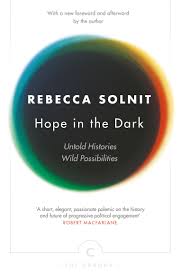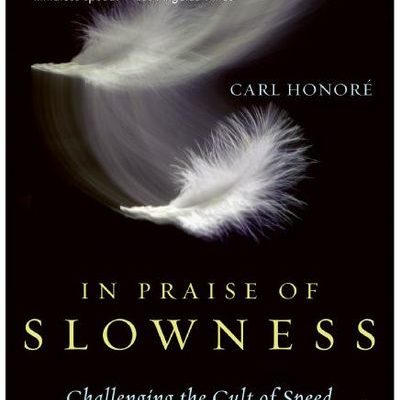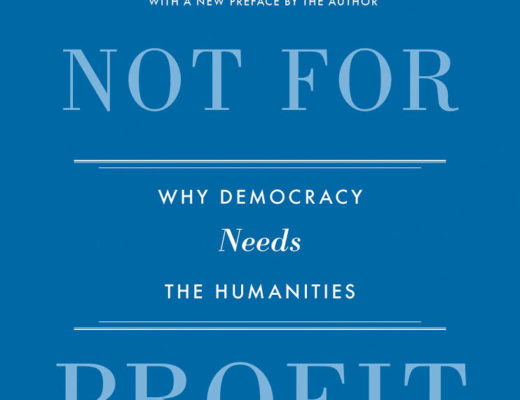“To revolt is a natural tendency of life. Even a worm turns against the foot that crushes it. In general, the vitality and relative dignity of an animal can be measured by the intensity of its instinct to revolt.”
This is a time of resistance movements in India. After so many years of relative absence of public movements, India has been witnessing a swelling of a huge number of people across the length and breadth of the country. The CAB legislation has opened multiple fronts of agitation in the country. People took to the streets and as I write this, there is no let-up and people are marching everywhere, raising their voices. Human resistance to the establishment and anti-people policies were always an exciting story which enhances our hope in human resilience. In this background, it was illuminating to read “ Hope in the Dark” by Rebecca Solnit, an American writer and activist who has chronicled a number of resistance movements from the last few years from different parts of the world. As we all know, resistance movements have no country. Whenever, wherever people rise up against the forces that destroy human freedom, dignity and existence, it has to become a collective struggle and people need to be told that they are never alone and there is no need to develop a defeatist or dismissive attitude. What this book attempting is precisely that.
The stories of resistance
Why the stories of resistance are important? We need such stories to assure ourselves that all hope is not lost and we are never alone. Every generation carries within itself the fruits of struggles by its previous generations. It is important that we recall them and understand how it happened. Whether it is struggles for abolition of slavery and racism or independence movements in many countries, nothing happened overnight and decades and decades of struggle and enormous sacrifice is there behind such achievements. Also, we find that in many countries in the world, freedom or democracy are still illusory ideas. Added to these, we have a number of new battles to wage. The battles against the warmongering dictators of our era, the battles for our environment and the struggles against anti-people policies of multinational corporations etc. What Rebecca captures in the book are snapshots of a few such struggles.
The last couple of decades we had so many exciting people’s movements which captured the attention of the global community and the author narrates them with the precision of someone who watched it from very close as an active participant in many of them. She begins with the fall of the Berlin wall in 1989. This event heralded the collapse of communism and disintegration of the Soviet Union in 1991. Whatever was the political fallout of those events subsequently, it marked a major victory for millions of people who tasted after a long period what is free speech and open society all about. It was an assurance for all humanity that whatever is created by people can be pulled by people themselves. Considering the importance of struggles which were not massively covered by the mainstream media, the author describes the significant uprising of Zapatistas, a libertarian-socialist political group that controls a substantial amount of territory in Chiapas, the southernmost state of Mexico, in 1994. This movement aligns itself with the wider alter-globalisation, anti-neoliberal, social movements seeking indigenous control over local resources, especially land. This was of course not an isolated uprising. On the other hand, it inspired many such movements across many countries. The heroic struggle of Plachimada village in Kerala against the Coca Cola plant was a typical one by a small village for rights over their resources against a mighty multinational in early 2000 and ultimately the plant which was causing largescale pollution and contamination of groundwater had to be shut down. As the author concludes about Zapatista uprising,
“such revolutions are a green stone thrown in water whose ripples are still spreading outward and a flower whose weightless seeds were taken up by the winds”
Rebecca devotes a considerable number of pages for the protests held against the trade negotiations by WTO in Seattle in 1999 and the anti-war protests of 2001 and 2003. The most significant aspect of these struggles was the massive participation of common people and numerous non-governmental organisations. It was as if, all were moving in tandem even without a single leader. In the words of the author “ it was a movement driven by imaginations as supple as art rather than as stiff as dogma. “ The African writer Laurens Van Der Post once said that “ no great new leaders were emerging because it was time for us to cease to be followers”. This was happening literally in these movements. The anti-war protests and its aftermath underscore the fact that, despite being democracies, governments may undermine people’s will and pursue deadly wars driven by pure selfish interests. These protest stories also remind us of the extreme importance of remaining vigilant as we see those war clouds even now at many spots.
Why we should never abandon hope
The most important lesson from the stories of resistance movements is that we must carry on with the fight despite setbacks. Look at history and you will see the enormous battles people have waged for their rights and freedom. Whether it is against apartheid or for freedom, these battles were pretty long drawn. Most of these struggles faced brutal suppression from the part of the state and other powers. However, in modern times, backed by the power of social media and extensive people networks, citizens are coming together in an unprecedented show of solidarity. The most important thing about democracy is that it is to be kept alive through this regular questioning of powers and people movements. As long as inequality of resources and opportunities prevail, as long as democracies are held hostage by selfish dictators, as long as corporate greed suffocate people we need to remain alert. Besides these, count the necessary battles for the environment, human equality and a life of dignity. As Rebecca reminds us, “ this is earth and it will never be heaven. We will not have a perfect world but a better world is always possible. “ By chronicling a number of peoples movements which were not adequately told by the media, Rebecca wants to send the message that we have no choice but to cling to hope. Also as she asserts repeatedly “we can hope for results but we should not depend on them.” As Uruguan lawyer Carlos Quijana told once,
“ sins against hope are the only sins beyond forgiveness and redemption. “
Rebecca Solnit is always a pleasure to read and her prose a rare treat. With around 28 books and numerous other pieces, Solnit is a formidable voice from America now, on issues ranging from environmentalism to cultural history and feminism. As we have seen at the beginning, India is in the midst of a serious resistance movement. This is a rare uprising to convey the message that the ideals enshrined in the constitution cannot be compromised. As the author says in the book,
“ bodies in the march speak by walking and through every act of resistance, people are making a small republic of unconquered spirit for themselves “.
This is a defining moment in the history of India and this is an ideal book to read now. None can come out dejected after reading this huge celebration of HOPE.







1 Comment
Fr. Jijo Kandamkulathy
February 4, 2020 at 8:33 amWhen the power of one person is not enough to raise a significant resistance, we need sombined efforts in resistance, either by sympathy to the victim who is wronged or because all in the resistance movement are wronged. The second one is easy to break. But, if someone joins the resistance because of sympathy to the victims, there will be no way to break this resistance. There is an added reason in thiis resistance to become more popular. Beyond sympathy, there is genuine apprehension that ‘isolate and crush minorities’ is a strategy that could come against anyone at any time. After all, at some time in life, everyone becomes a minority!